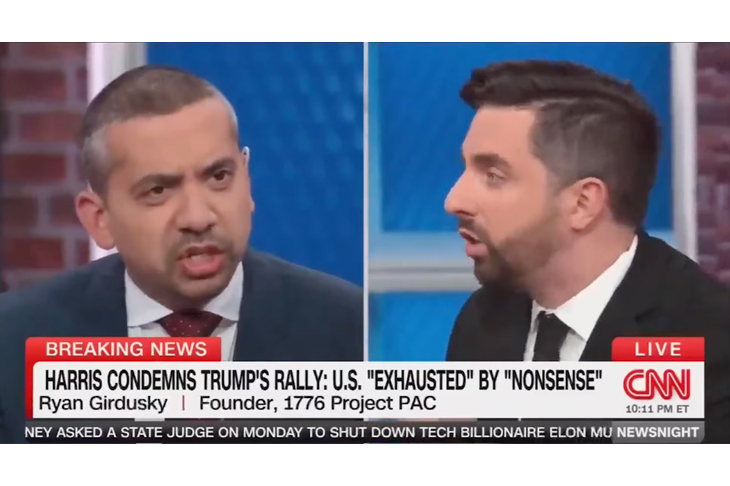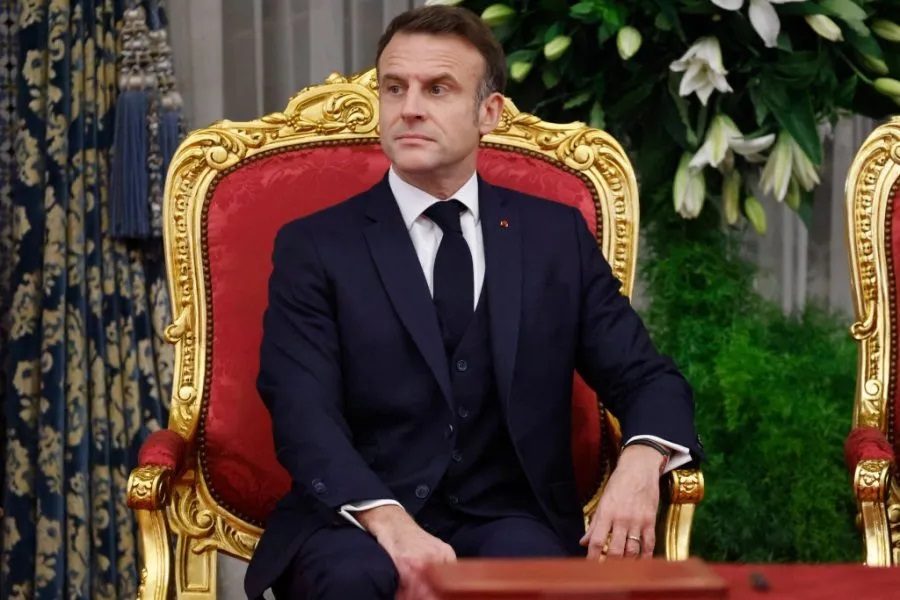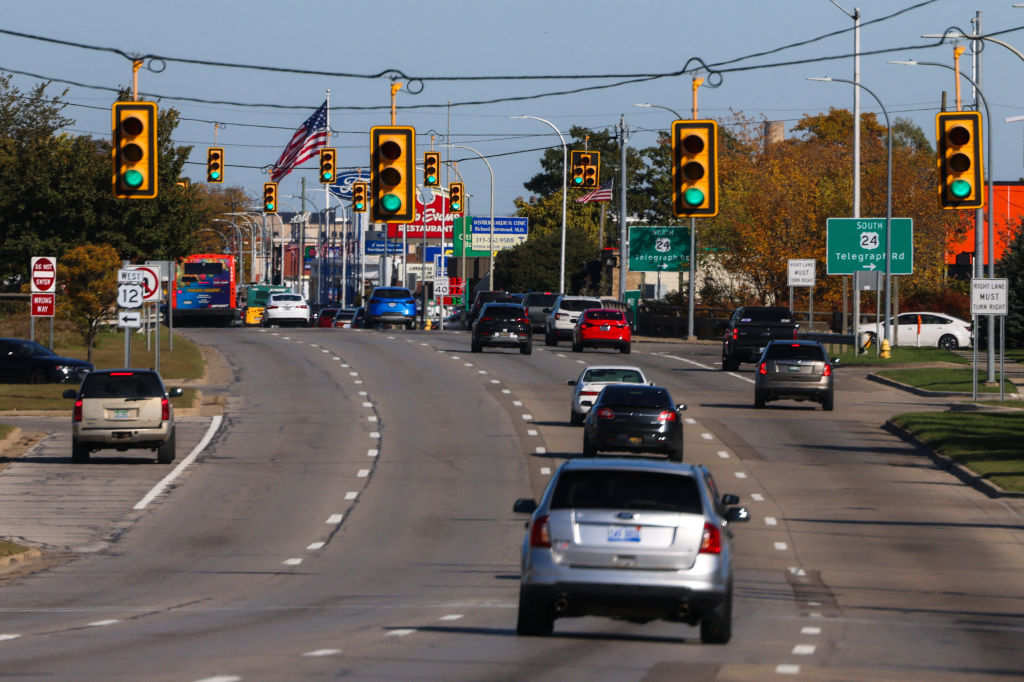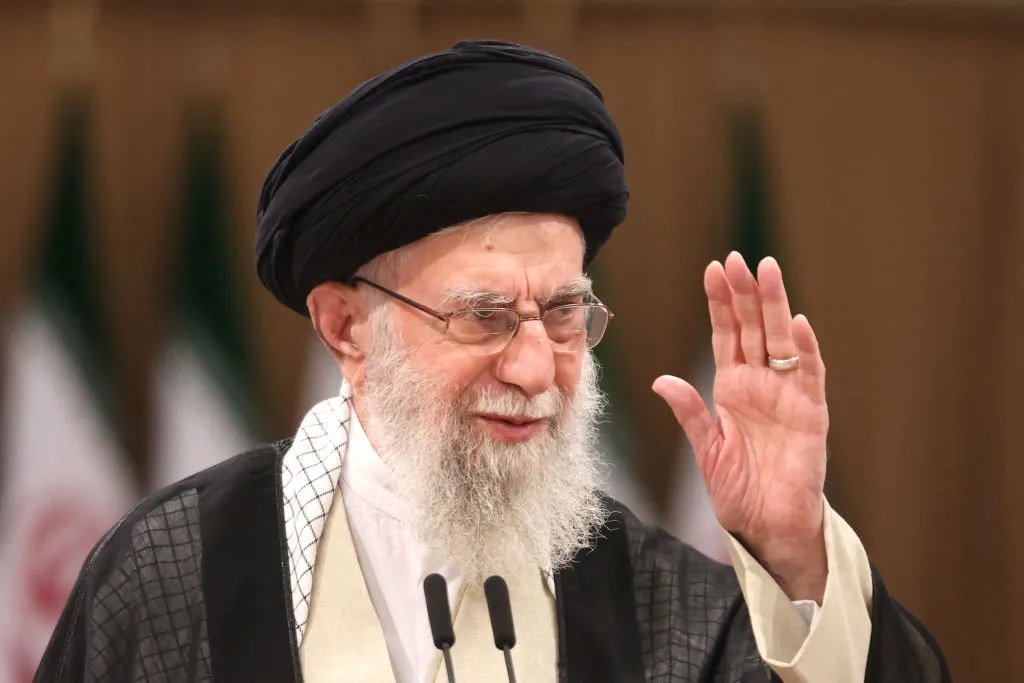The last time I was in Israel people were preparing for the worst. ‘This crazy bastard is going to annex the West Bank and then we’re all screwed,’ my Israeli friend bemoaned to me. It turns out he was wrong. The United Arab Emirates and Israel have just agreed to normalize relations. In return, Israel has agreed to suspend its plan to annex large chunks of the West Bank.
Make no mistake: what has happened is historic. The UAE has been politically hostile to Israel since even before it gained independence from Britain in 1971. There has not been a single day in its existence where it has not officially called for an end to the Jewish state. Now the two are allies — and no one saw it coming. In politics pretty much everything leaks, but sometimes it doesn’t.
The US-brokered deal — known as the Abraham Accords — was announced Thursday in a joint statement by Donald Trump, Israeli PM Benjamin Netanyahu and Abu Dhabi Crown Prince Mohammed bin Zayed. They hoped, they said, the ‘historic breakthrough will advance peace in the Middle East.’
This is a story of many levels. As ever, with foreign policy breakthroughs much of it is about domestic concerns. Donald Trump, just months away from the November presidential elections, gets to tout a major — indeed his greatest — foreign policy triumph to the American electorate. Abu Dhabi gets to be the state that stopped Israel’s drive to annex the West Bank — a move reviled in the Arab world — while gaining the economic and security benefits of formal ties with Jerusalem.
And Israel? Well, it gets yet more regional acceptance and, vitally, to dodge actually having to annex the West Bank. A move its leaders knew would bring down universal condemnation (and possibly even sanctions) but dared not abrogate without good reason for fear of alienating the Likud party’s religious base.
Netanyahu is deceitful and oleaginous, but he is surely one of the most politically able leaders of our age. Having not won a clear victory after three elections, awaiting trial for corruption, and in a supposed power sharing agreement — he has almost certainly disposed of the political threat from the hapless Benny Gantz. Oh, and he’s sent a message to Joe Biden: you can do business with me.
But beyond political self-interest the geo-strategic possibilities are fascinating. What is so interesting about this is what happens next. There is simply no way the UAE could have done this without approval from Saudi Arabia, and for Israel that is the big prize. Riyadh is the Sunni Lion, the custodian of the Two Holy Places, and, since the slow implosion of Egypt, the regional Arab leader. First Abu Dhabi then Riyadh? It’s not as crazy as it would have once seemed. The Saudi crown prince and de facto ruler Mohammed bin Salman has already made encouraging noises of goodwill toward Israel. In an interview in 2018 he said Israelis were entitled to live peacefully on their own land. It was then an unprecedented thing for a Saudi leader to say.
I remember reading the words and wondering if they might be the green shoots of détente between Israel and its remaining Arab enemies. It seems they may well have been. Things are moving fast in the Middle East. What was once unthinkable, let alone unsayable, no longer is. And it is vital to understand why.
Why are Israel and its enemies coming to terms at a time where the Israeli government is the most reactionary and hawkish it has ever been? The answer is simple: Iran. The Middle East is a region where principles are a luxury and realpolitik and the survival of the fittest are what counts. It is a place where history has shown, from Kurdistan to the killing fields of Iraq, that while treaties can be abrogated and alliances spurned what remains throughout the centuries is the law of an ancient proverb: the enemy of my enemy is my friend.
[special_offer]
Ever since the Islamic Republic’s ruling clerical class came to power in 1979, their desires to export their Shia revolution have frightened the Sunni Arab powers around them. Iran’s nuclear program turned fear to terror. And in that they were joined by Israel, which repeatedly vowed it would never allow Iran to gain nuclear weapons.
Both the Arabs and Israel watched with horror as Barack Obama struck his nuclear deal with Iran in 2015. They saw a convergence of interests. They saw no help from Washington: it was time to talk. The Palestinians could wait, Iran was a threat to everyone.
For once Donald Trump spoke the truth: this deal is unprecedented and it is historic. And it was made in Tehran.
This article was originally published onThe Spectator’s UK website.

























